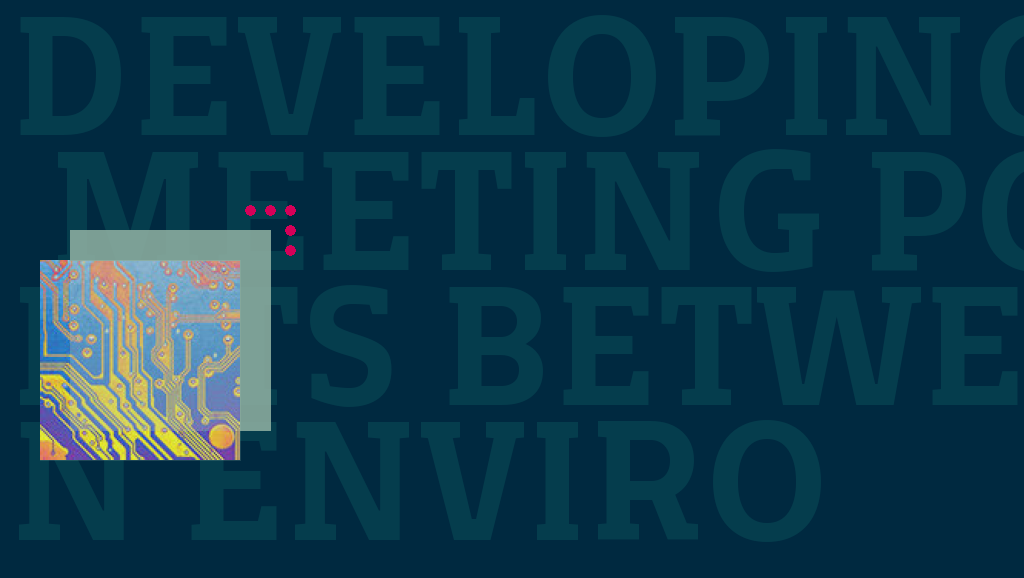May 20th-22th, 2019: SPT Conference, Texas A&M University, USA
300-word abstracts for individual papers to be submitted by Dec 1
The organizers invite papers by authors wanting to contribute to the continued bridging of the gap between environmental ethics and philosophy of technology.
An increasing sense of urgency emerges in the light of unprecedented environmental challenges as we are moving deeper into the Anthropocene. Classical dichotomies between nature and technology do not fit any longer.
In this situation, mutual learning between philosophers of technology and environmental ethicists is necessary. That this does not happen more than it does is regrettable.
However, the situation is beginning to change, and there are laudable efforts to bridge the gap.
Possible points of entry are the following:
– Environmental ethicists, not least in the American tradition have had a strong focus on the value of wilderness. The interest in a non-anthropocentric axiology among many environmental philosophers might have contributed to a lack of interest in technological artefacts, including living ones.
– The notion of technological hubris, appearing for instance in discussions about geoengineering and agricultural biotechnology
– Different views on the ontology of artifacts might imply different views on
the ethical status of those artifacts.
– In parallel to the pessimism among many environmental philosophers, there are examples of technological optimism and a remarkably strong interest in science-fiction-like technologies like some instances of geoengineering, terraforming of other planets, and rewilding through new biotechnologies. These new technological systems and solutions create new kinds of risks to deal with, and new distributions of burdens and responsibilities.
– The role of technology in achieving environmental values. Several paths are possible towards the same goal and involve different notions of nature, justice and responsibility, and how do approaches such as Value Sensitive Design and Responsible Research and Innovation deal such issues?
Here for further information, or contact sandin@slu.se
300-word abstracts for individual papers should be submitted here by Dec 1
Timeline:
December 1st, 2018: Deadline for the submission of abstracts.
February 1st, 2019: Expected notification of acceptance
————–
















